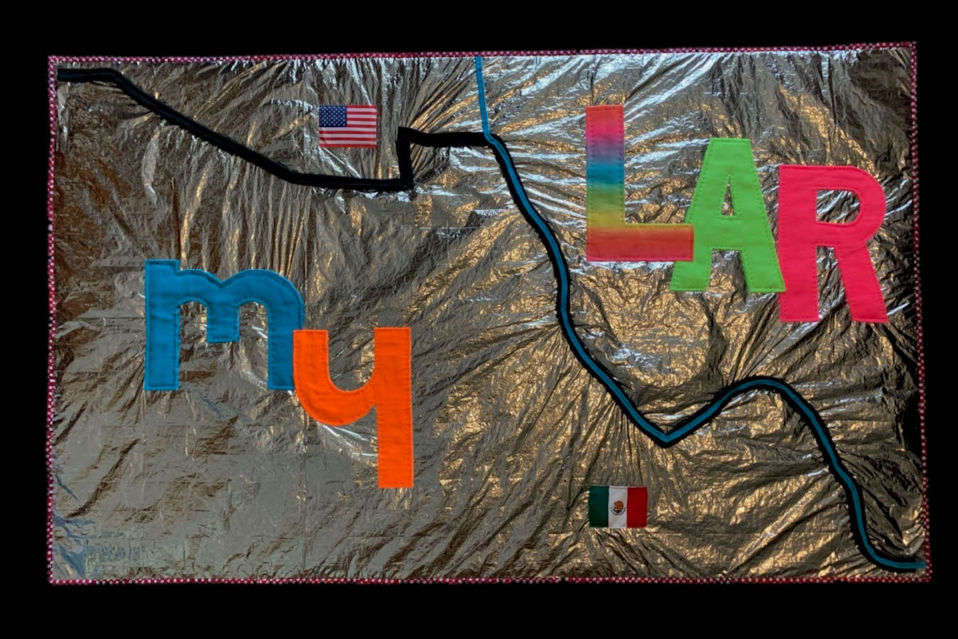Image: Michigan Quarterly Review Fall 2020 issue, “Persecution” cover detail
1 p.m. EST Saturday, Nov. 21, 2020
Upping the Stakes: Persecution and Resistance Across Contexts
FREE with RSVP or suggested $10 donation*
*Donate $25 or more and receive a free e-subscription of Michigan Quarterly Review!
RSVP for streaming link
Writers published in Sukoon Magazine and the Michigan Quarterly Review’s special issue on Persecution will share their work and participate in a panel discussion around the theme of persecution, injustice, displacement and disenfranchisement. Arab writers and artists will share their poetry, essays, music and film and engage in dialogue about what it means to up the stakes on human rights campaigns and artistic endeavors that transcend borders. In the shifting political and literary landscape of Arab culture, what does the future hold?
Featuring writers/artists Rahim AlHaj, Zeina Hashem Beck, Esmat Elhalaby, Mona Kareem, Ahmed Naji and Hind Shoufani, with host/emcee Rewa Zeinati and panel moderator Khaled Mattawa.
If you have any questions, e-mail Kathryn Grabowski, Curator of Public Programs at [email protected].
Featured Writers/Artists:
 Rahim AlHaj is considered one of the world’s finest oud players and composers. Delicately combining traditional Iraqi maqams with contemporary styling/influence, his pieces establish new concepts without altering the foundation of tradition. His compositions evoke the experience of exile, consequences in post-war reality and new beginnings. Rahim has released twelve CDs, receiving two Grammy® nominations.
Rahim AlHaj is considered one of the world’s finest oud players and composers. Delicately combining traditional Iraqi maqams with contemporary styling/influence, his pieces establish new concepts without altering the foundation of tradition. His compositions evoke the experience of exile, consequences in post-war reality and new beginnings. Rahim has released twelve CDs, receiving two Grammy® nominations.
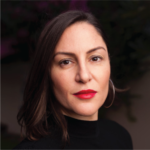 Zeina Hashem Beck is a Lebanese poet whose most recent collection, Louder than Hearts, won the 2016 May Sarton New Hampshire Poetry Prize. Her poetry has appeared in Ploughshares, Poetry Magazine, The New York Times, and elsewhere. Zeina has invented a bilingual poetic form called The Duet, in which Arabic and English exist both independently and in conversation with each other. She currently lives in Dubai. www.zeinahashembeck.com
Zeina Hashem Beck is a Lebanese poet whose most recent collection, Louder than Hearts, won the 2016 May Sarton New Hampshire Poetry Prize. Her poetry has appeared in Ploughshares, Poetry Magazine, The New York Times, and elsewhere. Zeina has invented a bilingual poetic form called The Duet, in which Arabic and English exist both independently and in conversation with each other. She currently lives in Dubai. www.zeinahashembeck.com
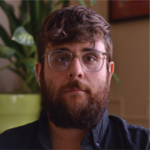 Esmat Elhalaby is a historian of the Arab world, wherever it’s found. He is currently a University of California President’s Postdoctoral Fellow at UC Davis.
Esmat Elhalaby is a historian of the Arab world, wherever it’s found. He is currently a University of California President’s Postdoctoral Fellow at UC Davis.
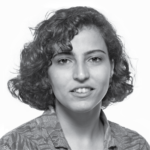 Mona Kareem is the author of three poetry collections. Her most recent publication Femme Ghosts is a trilingual chapbook published by Publication Studio in fall 2019. She holds a PhD in Comparative Literature and is a Translator-in-Residence at Princeton University.
Mona Kareem is the author of three poetry collections. Her most recent publication Femme Ghosts is a trilingual chapbook published by Publication Studio in fall 2019. She holds a PhD in Comparative Literature and is a Translator-in-Residence at Princeton University.
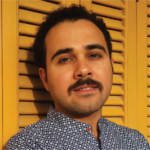 Ahmed Naji is a writer from Egypt currently living in Las Vegas, where he is a fellow at the Black Mountain Institute at the University of Nevada, Las Vegas. His published books include Using Life and And Tigers to My Room. For more, see www.ahmednaji.net.
Ahmed Naji is a writer from Egypt currently living in Las Vegas, where he is a fellow at the Black Mountain Institute at the University of Nevada, Las Vegas. His published books include Using Life and And Tigers to My Room. For more, see www.ahmednaji.net.
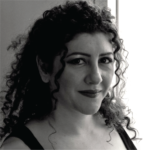 Hind Shoufani is a Palestinian American writer, filmmaker, and poet. Hind has published two books of poetry and edited two anthologies of creative writing and photography. She holds an MFA in film writing/directing from NYU, and was a Fulbright scholar from Jordan. She is also an award-winning director for her documentary feature film Trip Along Exodus. She nurtures 67 demanding plants and strives to hold on to a radical imagination in the face of all oppressive forces.
Hind Shoufani is a Palestinian American writer, filmmaker, and poet. Hind has published two books of poetry and edited two anthologies of creative writing and photography. She holds an MFA in film writing/directing from NYU, and was a Fulbright scholar from Jordan. She is also an award-winning director for her documentary feature film Trip Along Exodus. She nurtures 67 demanding plants and strives to hold on to a radical imagination in the face of all oppressive forces.
Host/Emcee:
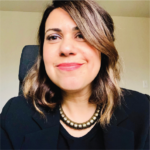 Rewa Zeinati—recipient of the 2019 Edward Stanley Award for Poetry, Lebanese American poet, writer, and educator—is the founding editor of Sukoon. She is the author of the poetry chapbook, Bullets & Orchids and her work is published in Prairie Schooner, Guernica, Mizna, Uncommon: Dubai, Making Mirrors: Writing/Righting by Refugees, among others. She’s lived in three countries and eight cities in the past decade, and now considers metro Detroit her new home.
Rewa Zeinati—recipient of the 2019 Edward Stanley Award for Poetry, Lebanese American poet, writer, and educator—is the founding editor of Sukoon. She is the author of the poetry chapbook, Bullets & Orchids and her work is published in Prairie Schooner, Guernica, Mizna, Uncommon: Dubai, Making Mirrors: Writing/Righting by Refugees, among others. She’s lived in three countries and eight cities in the past decade, and now considers metro Detroit her new home.
Panel Moderator:
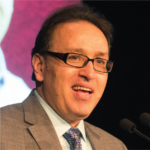 Khaled Mattawa is the author of five collections of poetry, most recently Fugitive Atlas, and is the translator of nine books of contemporary Arabic poetry, including Saadi Youssef’s Without an Alphabet, Without a Face.
Khaled Mattawa is the author of five collections of poetry, most recently Fugitive Atlas, and is the translator of nine books of contemporary Arabic poetry, including Saadi Youssef’s Without an Alphabet, Without a Face.
Sukoon is an independent, online literary journal, publishing Arab-themed art and literature in English, by established and emerging artists, poets, and writers of short stories and personal essays. Writers need not be Arab nor of Arab origin, but all writing must reflect the diversity and richness of the cultures of the Arab-speaking world. The aim is to showcase the spectrum of diversity of what is known as the ‘Arab’ identity and experience within the Anglophone literary landscape, in order to escape narrow perceptions and understandings of the term. And just as importantly, to carve out a natural and necessary space for the Arab anglophone narrative to exist within the anglophone literary landscape/canon. Sukoon bil 3arabi is the latest addition to Sukoon, publishing poetry, fiction and nonfiction in its original Arabic.
Michigan Quarterly Review is an interdisciplinary and international literary journal, combining distinctive voices in poetry, fiction, and nonfiction, as well as works in translation. Our work extends online as well, where we publish cultural commentary alongside reviews and interviews with writers, artists, and cultural figures around the world. The flagship literary journal of the University of Michigan, our magazine embraces creative urgency and cultural relevance, aiming to challenge conventions and address long-overdue conversations. As we continue to promote an expansive and inclusive vision, we seek work from established and emerging writers with diverse aesthetics and experiences.
In partnership with

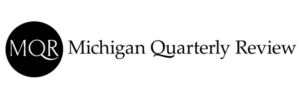

Made possible in part by
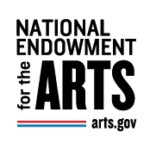
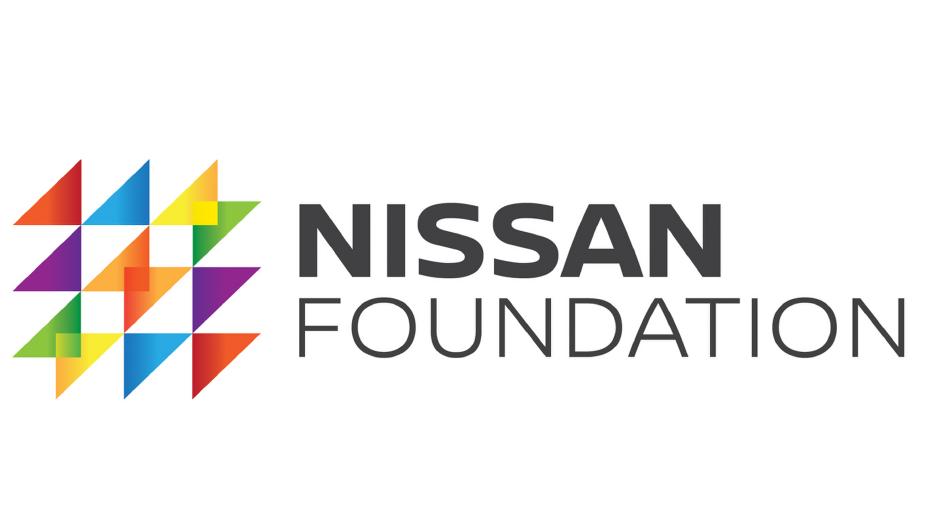
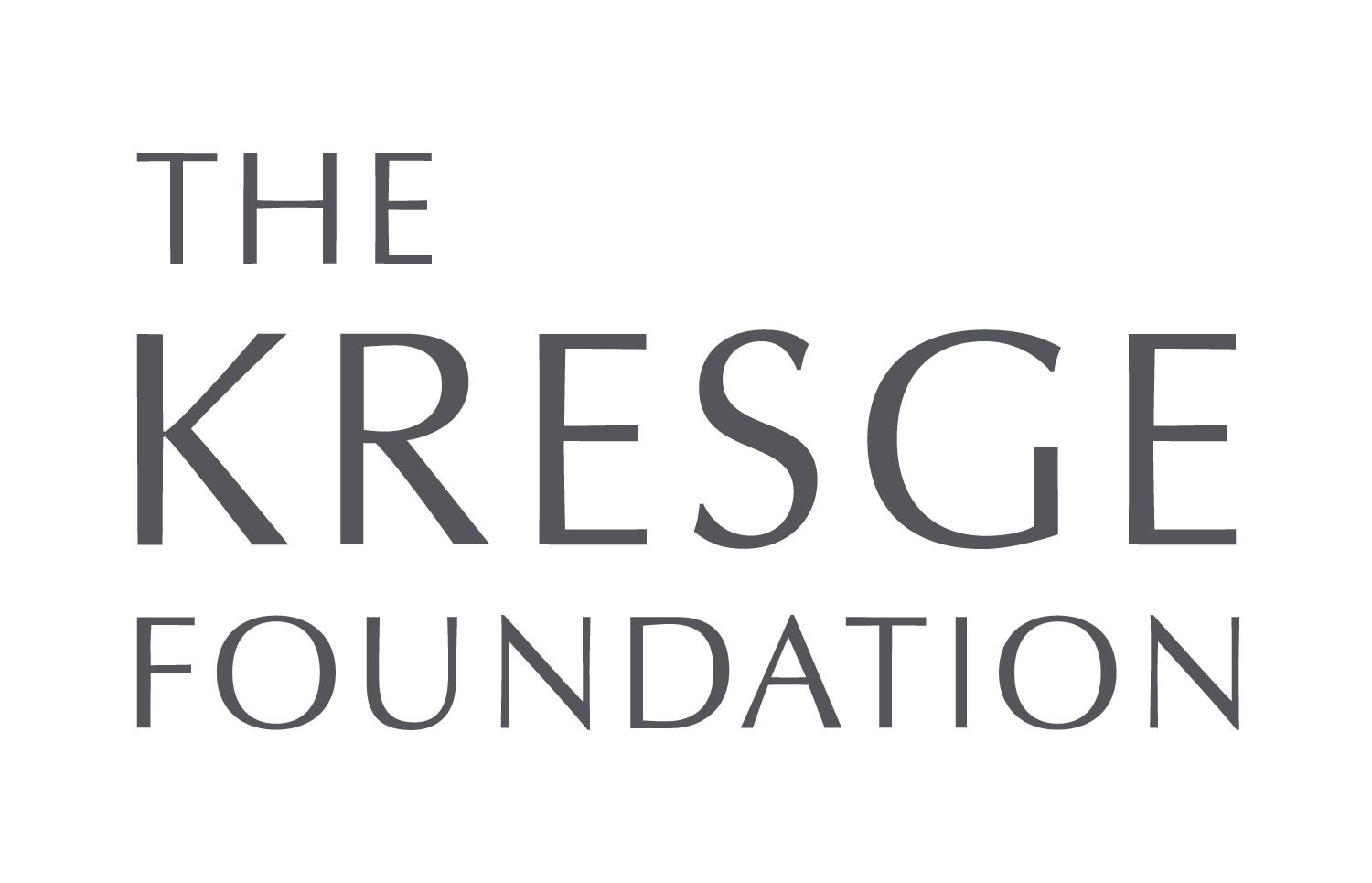
![]()
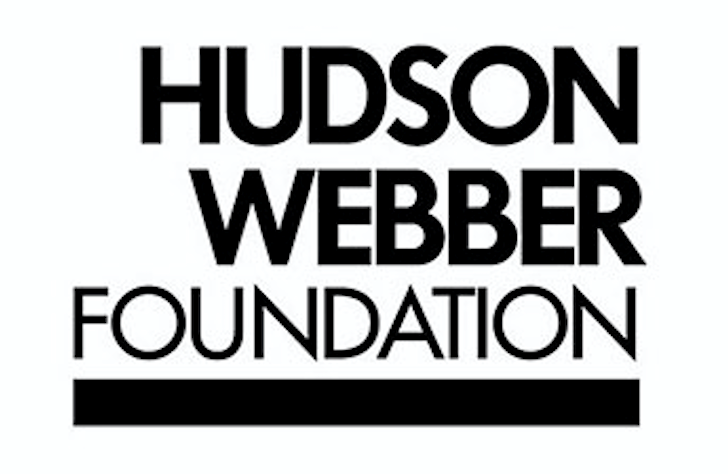
Due to the pandemic, we have been closed to the public since March 13. Closed doors mean that our earned revenue streams have dried up, and corporate funds have been pivoted to assist with COVID-19 relief or for their own financial survival. We are looking forward to the day we can safely reopen, but until then, we need your support.

